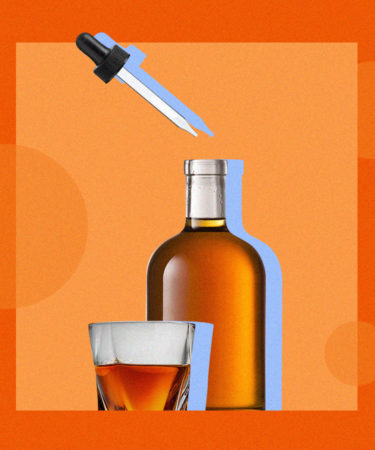Two unlikely parties have joined forces in the fight against counterfeit whiskey.
Everledger, a London-based blockchain company has teamed up with the Scottish Universities Environment Research Centre (SUERC) at the University of Glasgow to produce the first age verification service for whiskey, according to The Spirits Business.
In 2018, sales of rare single malt Scotch reached $76.6 million, but the SUERC predicts that about 40 percent of these whiskies were fakes. In the same year, the team tested 55 bottles of rare scotch and found that 21 were either fake or not distilled in the year stated.
With single bottles selling for thousands of dollars at auction, the need to test a product’s legitimacy is growing. The SUERC hopes to do this through radiocarbon dating and has established a system to verify the year in which a whiskey was distilled.
By collecting samples of vintage whiskies, the SUERC has established a radiocarbon dating curve that can detect the age of a whiskey within a few years. The team can test new spirits by removing a small sample through the cork, after which an Everledger anti-tamper bottle closure can be applied. This is coupled with a label that creates a digital identity for the whiskey, and uploads the information to Everledger’s blockchain through near field communication tags.
With these, the bottle can then be tracked with a smartphone and its entire lifecycle journey can be viewed. This will help producers crack down on counterfeits, but will also create a large, permanent digital record of all rare whiskies.
In a world where single malt Scotch is selling for $1 million, and $10,000 counterfeits abound, this system couldn’t have come soon enough.
